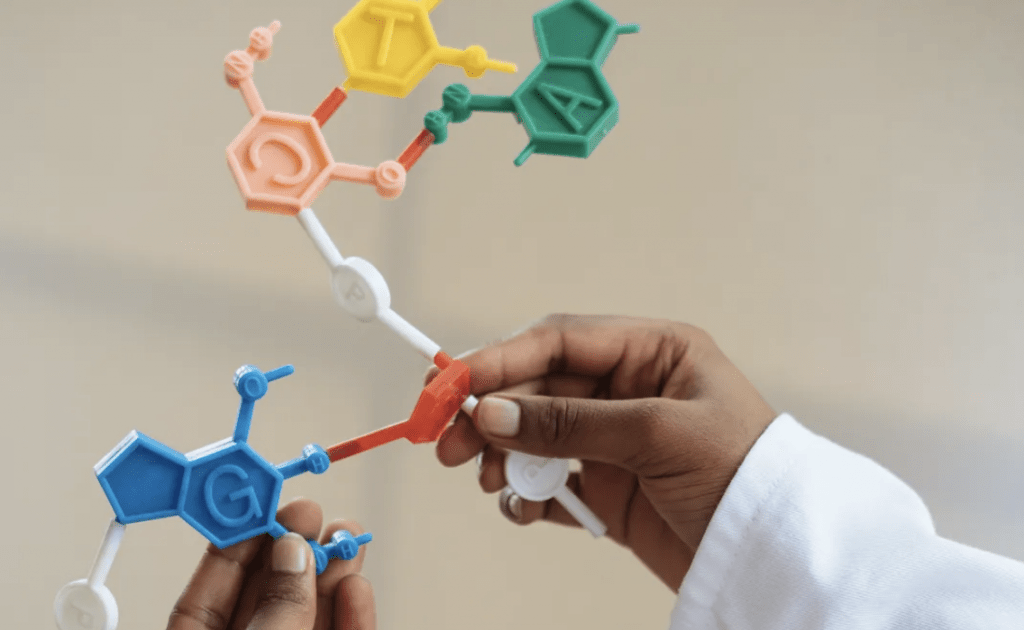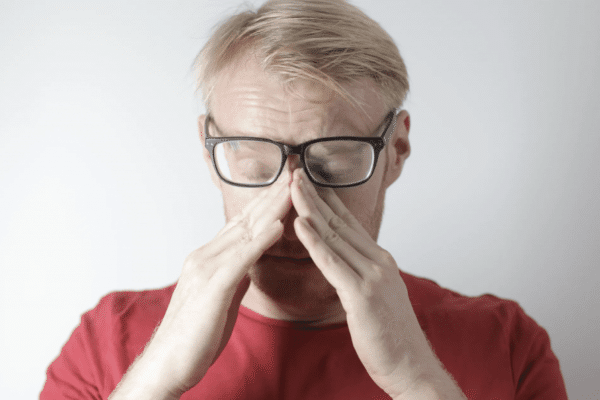Why is Heroin Addictive?

Heroin may not be one of the more talked about drugs for everyday use, but many individuals still find themselves dealing with its addiction. Heroin can be one of the most, or even the most, dangerous drugs available. It’s incredibly addictive, making it difficult to quit once you’ve established a dependence, but there are many reasons why it’s a good idea to kick this habit.
What Makes Heroin Addictive?
Heroin is extremely addictive, so even people who start by taking the drug recreationally find it impossible to control their cravings for it after a short amount of time. This is because the brain receptors for heroin are in the reward centers. Basically, people who take heroin feel minimal pain or discomfort because the portion of the brain paying attention to pleasure is working overtime.
Heroin is also powerful enough to tax and stress the brain cells, so if you take it repeatedly, those cells eventually become fatigued or burned out. This may require users to take more heroin to combat this burn and avoid symptoms of withdrawal.
How Does Heroin Work?
Heroin binds to specific receptors in the brain called mu-opioid receptors, or MORs. These receptors are activated in the reward center of your brain, stimulating the release of neurotransmitters like dopamine, and causing pleasure. Consequences really depend on how much heroin you use, where it binds in the brain or body, how strongly it binds, and how quickly it gets there. This may make your symptoms more or less potent.
What Heroin Does To Your Body.
As soon as heroin enters the brain, it binds to those receptors. That provides you with a pleasurable sensation, which may be more intense depending on how rapidly the drug enters your body. Immediately, you may feel a warm flushing of the skin, dry mouth, and a heavy feeling in your limbs.
Many people also deal with nausea, vomiting, and severe itching, followed by drowsiness, decreased mental function, and slower breathing. In the event of a higher dose, or better quality being ingested, heroin use can lead to permanent brain damage, coma, and death.
Brain and Nervous System
Heroin can impact your body so greatly because opioids act on many places in both the brain and the nervous system. It’s able to depress your breathing by changing the neurochemical activity in the brain stem, where automatic functions like breathing are normally controlled. It may also increase pleasure by altering your limbic system and block pain messages, but these present a whole other set of possible risks.
What Are the Health Risks to Heroin?
Many people know of the obvious risk of overdose that accompanies a drug like heroin, although you may not know that there are many other problems that you may end up with. Many bodily systems are damaged by heroin, including the lungs, heart, brain, intestines, and kidneys. Beyond that, infections can be quite common, which will attack the entire body.
Primary Risks
One of the largest risks that comes with taking heroin is that over time, you do not get the same rush from taking the same amount, this is known as the development of tolerance. This is how people become addicted so easily, to avoid feeling sick, anxious, and achy they increase their dose. On top of that, people soon are robbed of their health, strength, and mental ability, and are very likely to lose interpersonal relationships as the addiction gets out of hand.
Why You Should Quit Heroin?
There are quite a few reasons why you should quit heroin, both for yourself and for the people around you. The most obvious reason however is that heroin is deadly. It is one of the deadliest addictions, and with only one small mistake, you may die. When you’re high on heroin though, it’s easy to get careless. There’s also the fact that heroin is being laced with even more potent drugs, so you might not know the actual potency of your drug. When it’s too strong, it can be deadly.
Complete Control
When you first start using heroin, it may feel like the best feeling in the world. The problem is that such a feeling only lasts for the first few hours before you never feel it again. After the first high wears off, you won’t feel as euphoric, no matter how many times you try again. Eventually, you may just be maintaining your drug use to avoid getting sick and won’t get high anymore.
Your entire life will be under the complete control of heroin, but the problem is that you may believe you can get back to that first high again. In reality, you can never get the first high back, and only end up making yourself sicker and sicker due to your obsession. If you want to stop it, the only way is to quit.
Slow and Painful
Many times, heroin does kill quickly, but it can also kill slowly too. This means that if you overdose, you may survive, but be permanently disabled after you awaken. There can be heart damage like congestive heart failure or brain damage from lack of oxygen.
When you’re permanently disabled, you’ll be completely dependent on caretakers, and it’s rare that people will be all too sympathetic for something you did to yourself. Even your heart valves are at risk with conditions like hepatitis and HIV, leading you to a slow and painful death.
How Long Does It Take To Quit Heroin?
Heroin is known as a short-acting opioid, meaning that withdrawal symptoms will begin within 6-12 hours after your last dose. They’ll be even worse over the next 2-3 days, and end up lasting around 5-10 days in total. How long it takes really depends on you, and what method you choose.
If you’re trying medical detox, medications and therapy may reduce some of the potency of the symptoms, and can take less time, at around 5-7 days. For those of you more heavily dependent on heroin however, it can take 10 days or longer to see a reduction in the symptoms you’re experiencing.
What Are the Heroin Withdrawal Symptoms?
The fear of withdrawal prevents many people from quitting dangerous habits, but after you’ve gone through it, you’re on the path to recovery. Withdrawal symptoms are certainly tough though, and may be very severe, including:
- Nausea, sweating, and shaking
- Abdominal pain
- Agitation, nervousness, and depression
- Muscles spasms
- Cravings for drugs and possible relapse
With medical detox, including medications and therapy, you can soothe some of these symptoms, boosting your chances of avoiding relapse and finishing successfully.
Heroin is one of the most addictive drugs out there due to the way it impacts the brain, but that doesn’t mean that a heroin addiction is impossible to quit. After 10 days, you should start to see an improvement in withdrawal symptoms, and will regain control over your life and your health again. It’s a difficult path, but it’s definitely one that will benefit you long-term if you choose to quit.


